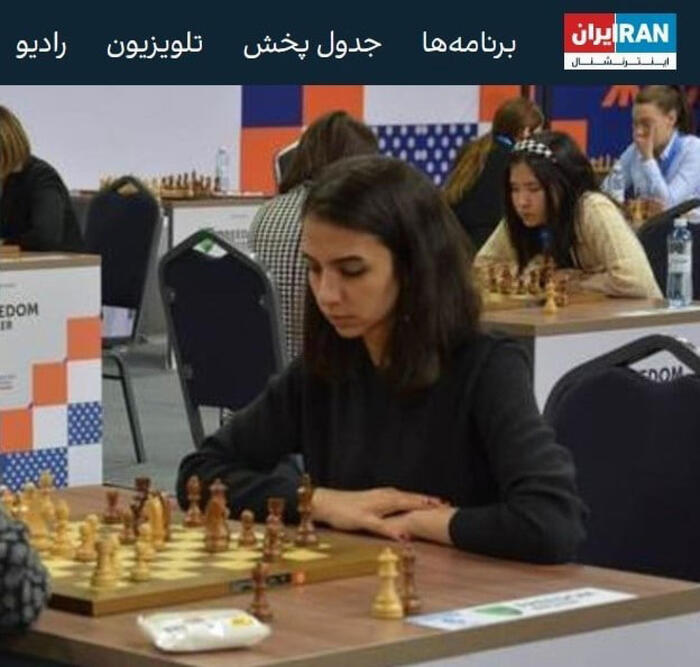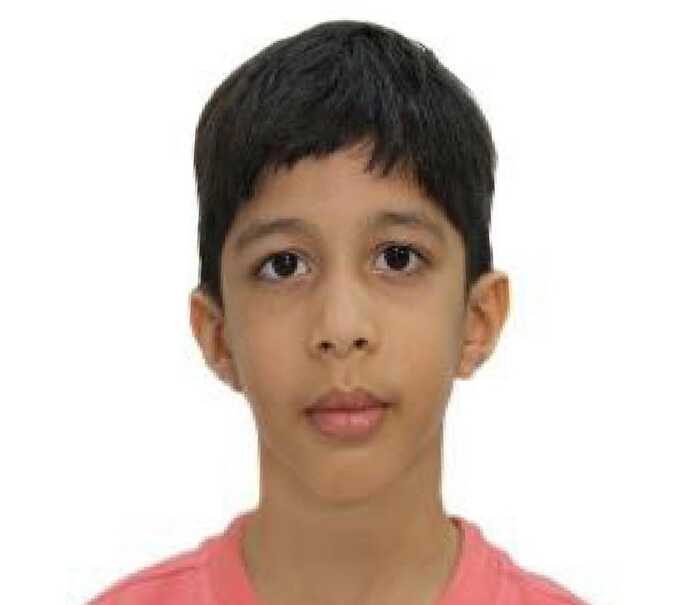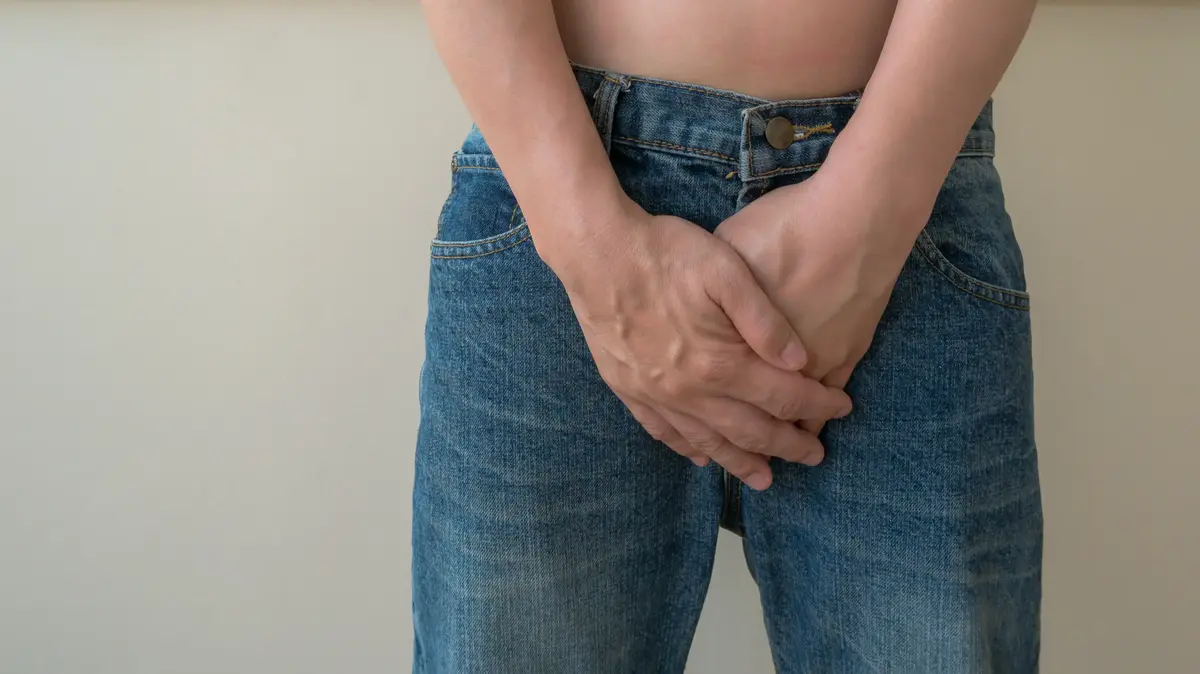The repression in Iran does not stop the protest movement which indeed gains a new protagonist: it is Sara Khadim al-Sharia, the chess champion who challenged the ayatollahs by playing at the World Cup in Kazakhstan without wearing the hijab, the obligatory veil.
The photo of the 25-year-old girl in front of the chessboard with her tuft of hair in a mockery of the Iranian conservatives went around the world just as President Ebrahim Raisi in Tehran was hurling her anathema against the demonstrators: "We will have no mercy" .
In the meantime, Foreign Minister Antonio Tajani has summoned the Iranian ambassador Mohammad Reza Sabouri for tomorrow, speeding up the times: the diplomat from Tehran is only designated because he has not yet presented his credentials to the Quirinale "but the seriousness of the situation in Iran has led the government to take this step", the Farnesina said.
Sara is only the latest courageous face of the revolt that has been inflaming the Islamic Republic for over 100 days.
A large-scale rebellion that began with the death of Mahsa Amini and soon became a radical opposition movement to the regime.
At least 100 demonstrators among the thousands arrested who risk the death penalty, 11 already on death row, reports Iran Human Rights (IHR).
"Our judges are murderers, the whole system is corrupt",
"We will not show mercy to enemies", thundered Raisi branding the protests as "a nuisance".
The demonstrators are "hypocrites, royalists, counter-revolutionaries" and all those "who have been harmed by the revolution," he told a crowd gathered in Tehran to pay tribute to the remains of 200 soldiers killed during the 1980 Iran-Iraq war. 1988.
"The arms of the nation are open to all those who have been deceived. The young are our children," he conceded, but "we will have no mercy on hostile elements."
Finally, addressing the historical enemies of the Islamic Republic, in particular the USA and Israel who are allegedly fomenting the riots, Raisi warned that "if you think you can achieve your goals by spreading rumors and dividing society, you are wrong".
Perhaps his arrows were also aimed at Elon Musk who has turned on almost 100 of his Starlink satellites which will be able to guarantee internet access and overcome the blocks imposed by the government.
The head of SpaceX wanted to make the announcement by responding to a Twitter user's video of the protests.
Tehran has narrowly obscured the Starlink site, a system which, however, needs special kits to be used which are unlikely to be allowed to enter the country legally.
Meanwhile, the controversy over the death of little Saha Etebari, the 12-year-old girl shot and killed at a police checkpoint while she was in the car with her parents, is flaring up: the Prosecutor's Office has promised an investigation after the initial thesis of the accident put into his father's mouth had seemed far too awkward.
Storm also for the case of the wife and daughter of Iranian football legend Ali Daei, forced to get off a plane for the footballer's critical positions, a retaliatory move that is sparking criticism across the country.
The spotlights are also on the appeals of the mother of a young demonstrator accused of injuring five Pasdaran, 22-year-old Mohammad Qobadlou, whose execution - confirmed on December 24 - is said to be imminent.
Chess players, figure skaters, climbers, swimmers, soccer players, actors, actresses, directors, ordinary people: everything in Iran seems to turn against the central power of Tehran, as perhaps it has never happened since 1979.















